In the fast-paced digital age, small businesses must make use of every tool at their disposal to stay competitive and reach their target audience. Digital marketing, in particular, has become a crucial facet of modern business strategy. However, managing a successful digital marketing strategy is not just about being online – it’s about knowing how to use the right tools to reach the right people at the right time, and in the most efficient manner.
As a small business, you might not have the vast resources that larger organizations do, but that doesn’t mean you can’t excel in the digital arena. Quite the contrary, with the right set of tools, small businesses can implement effective digital marketing strategies that can level the playing field, and in some cases, give them an advantage over larger competitors.
In this blog post, we’re going to explore 15 essential digital marketing tools that every small business should consider. These tools are designed to assist with various aspects of a digital marketing strategy, such as website creation, search engine optimization, email marketing, social media management, content creation, and data analytics. We’ll look at what each tool offers and how it can help small businesses grow their online presence, engage with customers, and drive sales.
So whether you’re just starting out or looking to improve your current marketing efforts, read on to discover tools that can bring your digital marketing to the next level.
Why Are Digital Marketing Tools Important for Small Businesses?
Digital marketing tools play an instrumental role in the success of small businesses in today’s digital-first world. Here’s why:
Efficiency and Productivity:
Digital marketing tools automate repetitive tasks, manage complex workflows, and streamline various marketing activities. This leads to greater efficiency and productivity, allowing small businesses to achieve more with less time and resources.
Data-Driven Decisions:
These tools provide insightful data and analytics. Small businesses can track and measure their performance across various channels, enabling them to make data-driven decisions, fine-tune their strategies, and improve ROI.
Competitive Advantage:
Digital marketing tools level the playing field by allowing small businesses to compete with larger companies with more resources. With the right tools, small businesses can reach the same online audience and provide a similar, if not better, customer experience.
Enhanced Customer Engagement:
Tools for social media management, email marketing, and content creation help small businesses engage with their audience effectively. They make it easier to create, schedule, and publish content that resonates with their audience, fostering better relationships leading to customer satisfaction and customer loyalty.
Improved Online Visibility:
Tools for SEO and online advertising can significantly improve a small business’s visibility online. They help optimize websites for search engines, manage online ad campaigns, and attract more potential customers.
Cost-Effective:
Most digital marketing tools offer scalable pricing models, making them affordable for small businesses. They provide value for money by centralizing different functions that would otherwise require separate tools or services.
Scalability:
Digital marketing tools are designed to grow with your business. As your marketing efforts and customer base expand, these tools can handle the increasing workload, making them a long-term, scalable solution for your business needs.
15 Must Have Digital Marketing Tools for SMEs
1. WordPress
WordPress is the leading website builder and blogging platform for businesses of all sizes. It’s extremely flexible, offering thousands of themes and plugins, and you don’t need to be a tech wizard to use it. You’ll be able to create and customize your online presence with relative ease.
Top Features
- User-Friendly Content Management System
- Extensive Plugin and Theme Ecosystem
2. Wix

If the idea of building a website sounds intimidating, Wix is for you. It’s a beginner-friendly platform that offers drag-and-drop functionality, making website creation as easy as pie. It comes with numerous templates to match your brand style.
Top Features
- Drag-and-Drop Website Builder
- Wix ADI (Artificial Design Intelligence)
3. SEMrush
SEMrush acts like a Swiss Army knife for your SEO needs. From tracking your keyword rankings to spying on your competitors’ strategies, it gives you an edge in the SEO game. It’s like having your own digital marketing consultant.
Top Features
- Keyword Research
- Competitive Analysis
4. Moz
Another gem in the SEO world, Moz offers a set of tools that help you understand how your website is performing in search results. You can pinpoint any weaknesses with its site audit feature and discover opportunities to outrank your competitors.
Top Features
- Moz Pro Campaigns
- Link Explorer (Backlink Analysis)
5. MailChimp

When it comes to email marketing, MailChimp is king. It’s designed to manage and talk to your subscribers. It’s like having your very own digital postman, delivering beautifully designed emails right into your customers’ inboxes.
Top Features
- Email Campaign Builder
- Marketing Automation
6. Constant Contact
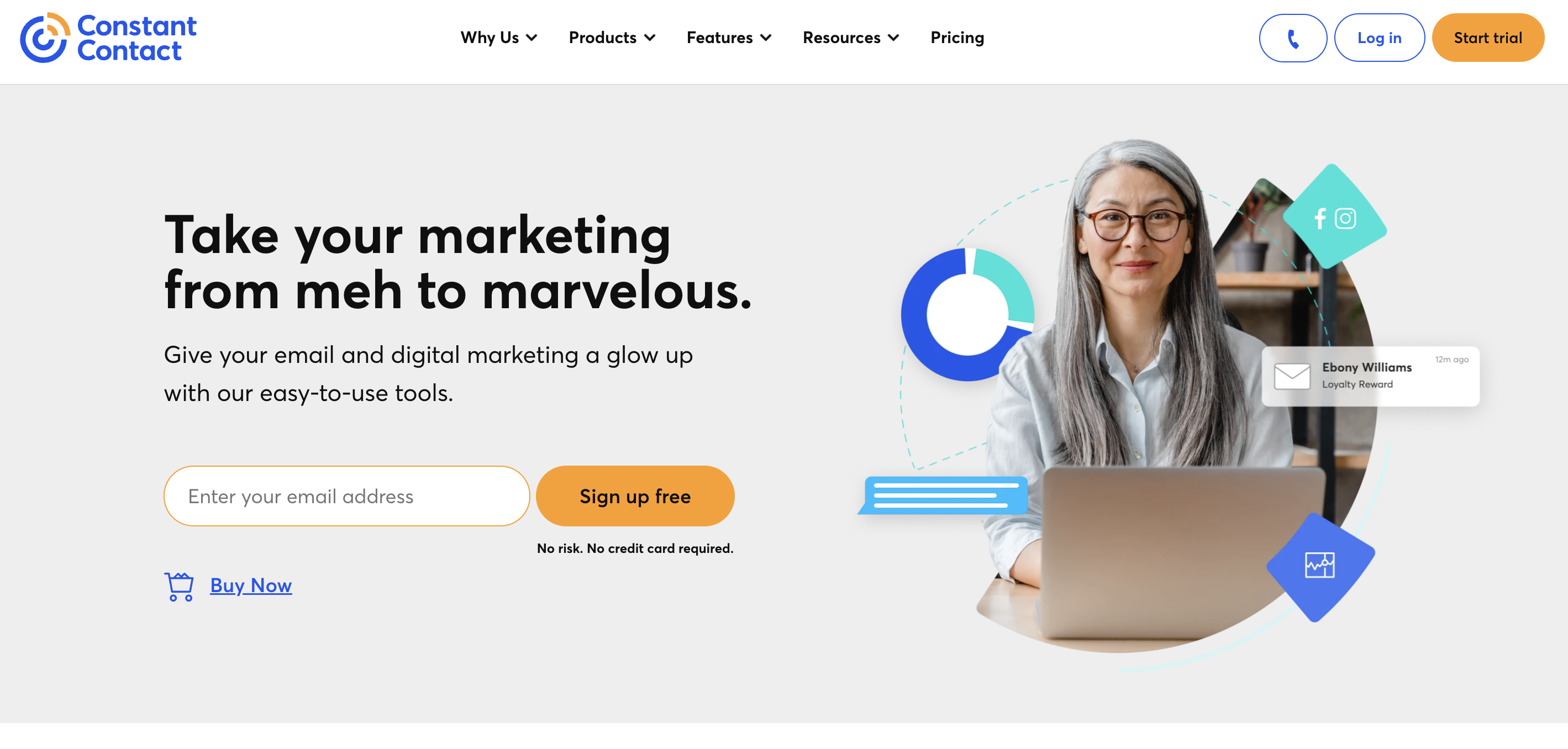
This email marketing software is renowned for its superb customer support. Beyond sending emails, it assists you in building a strong email list with customizable sign-up forms and an easy-to-use interface.
Top Features
- Email Campaign Builder
- Email Automation
7. Hootsuite
Managing multiple social media accounts can be a juggling act. Hootsuite is like having an extra set of hands. Schedule posts, engage with followers, and keep an eye on key trends across all your platforms, all from one screen.
Top Features
- Social Media Scheduling
- Social Media Monitoring and Engagement
8. Buffer

Buffer acts as your personal social media scheduler. It enables you to line up posts for times when your audience is most active. Think of it as your social media PA, helping to keep your content organized and timely.
Top Features
- Social Media Scheduling
- Analytics and Reporting
9. Canva
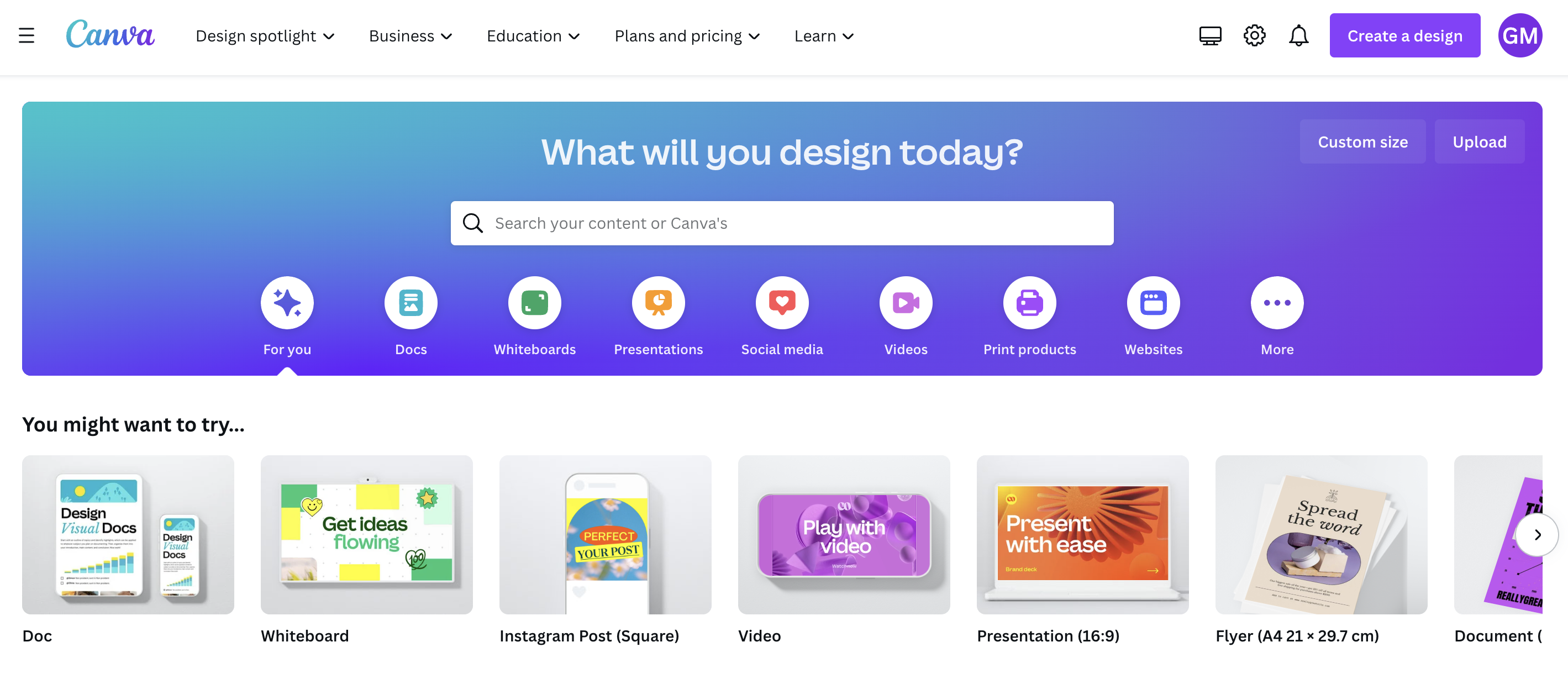
No graphic design experience? No problem. Canva is a digital artist in your pocket. With its library of templates, you can easily create visually stunning graphics for your website, social media, emails, and more.
Top Features
- Design Templates
- Drag-and-Drop Editor
10. Adobe Spark

It lets you turn your ideas into visually appealing stories. You can whip up engaging web pages, videos, and graphics in minutes. It’s like having your own digital art studio.
Top Features
- Spark Video
- Spark Post
11. Google Analytics
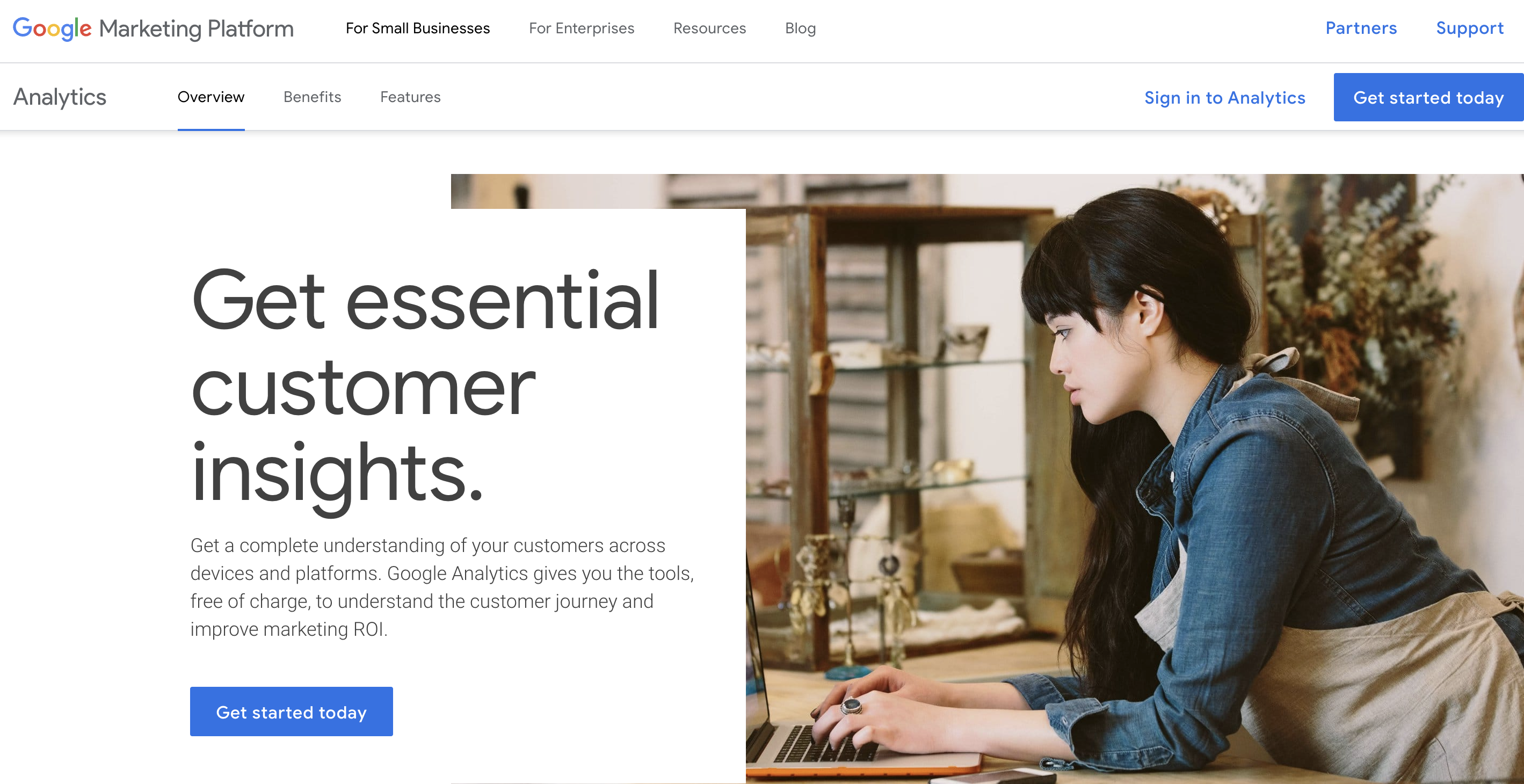
This free tool from Google is like a magnifying glass for your website. It digs into your traffic data, revealing how visitors find you, what they’re interested in, and how they interact with your content. These insights can guide your marketing strategies.
Top Features
- Website Traffic Analysis
- Goal Tracking and Conversion Analysis
12. Tableau
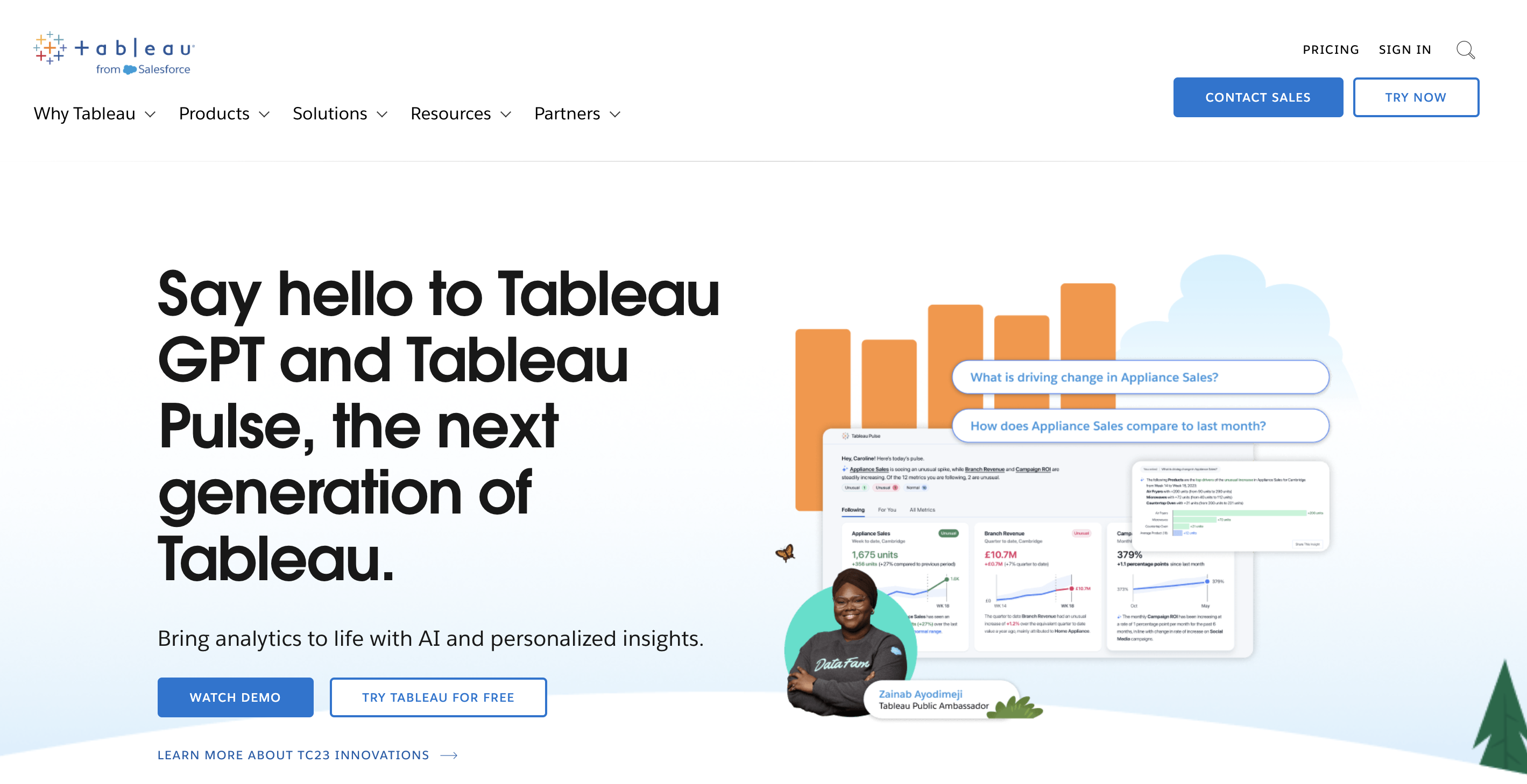
Imagine having a storyteller for your raw data. Tableau translates complex data into easy-to-understand visuals. You’ll be able to identify trends, spot opportunities, and make data-driven decisions with ease.
Top Features
- Interactive Data Visualization
- Data Connectivity and Integration
13. Google Ads
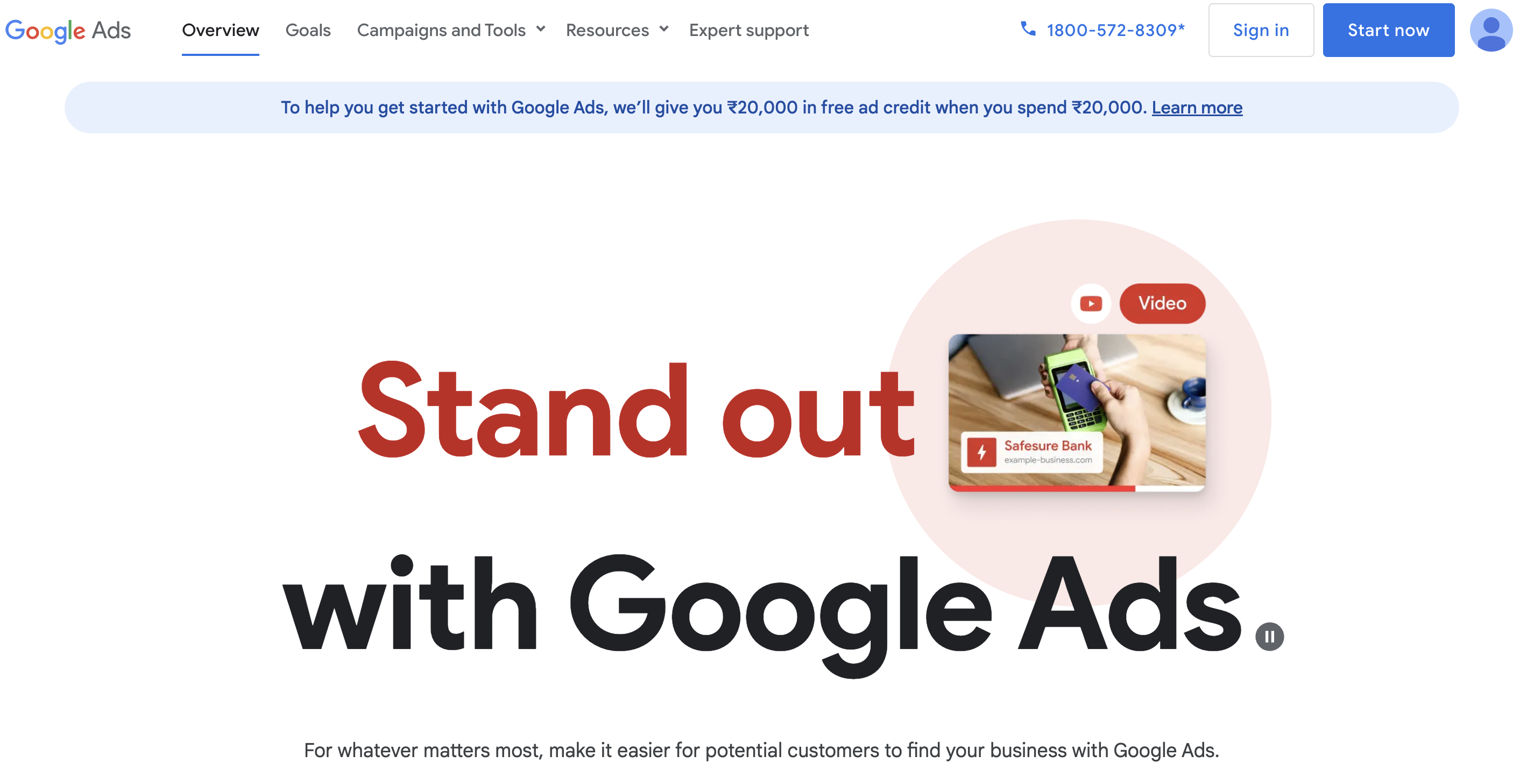
Need a megaphone to amplify your online presence? Google Ads can do that. You can create ad campaigns that appear in Google search results and on other Google properties, helping you reach customers right when they’re interested.
Top Features
- Keyword Targeting
- Audience Targeting
14. HubSpot
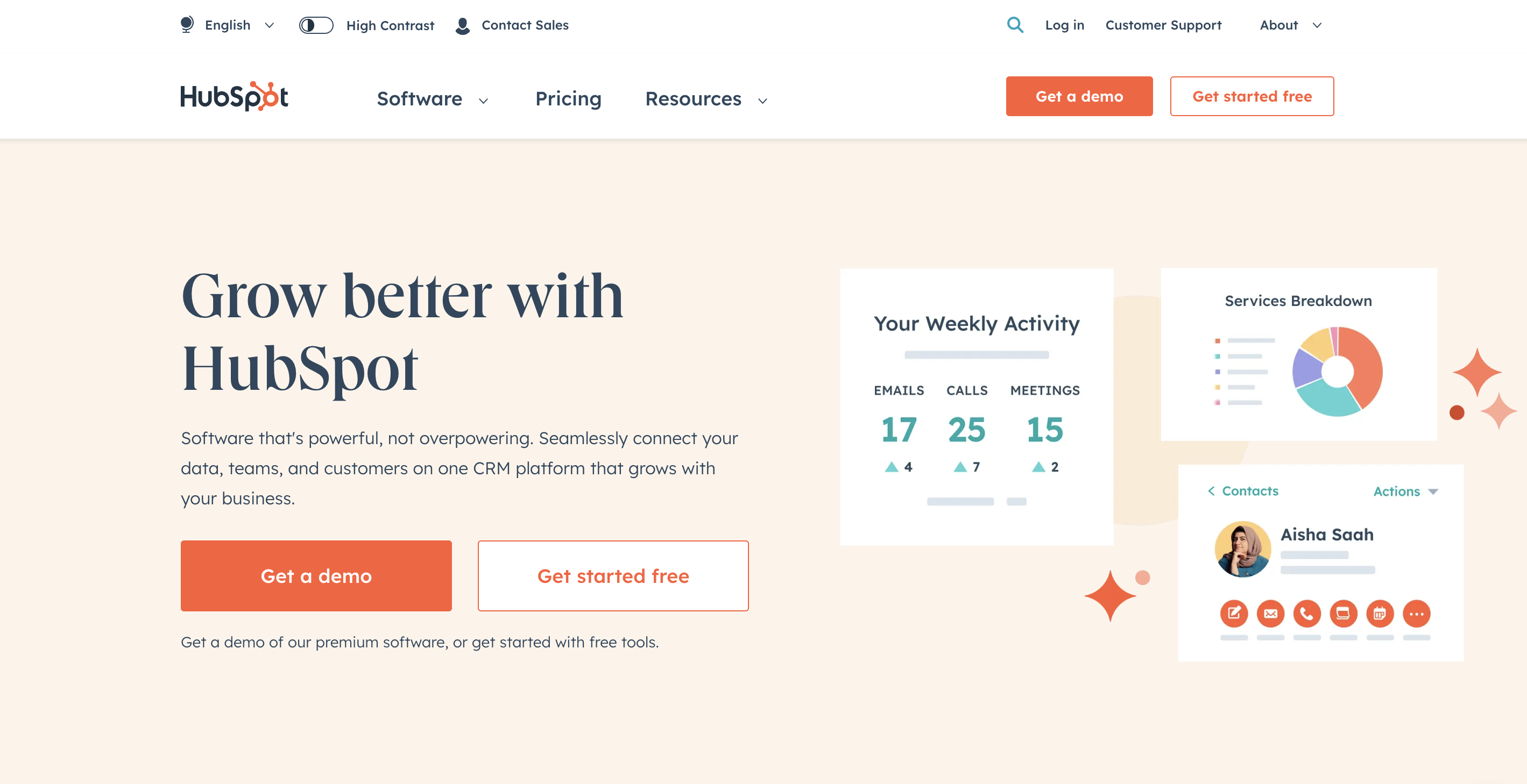
It’s like your own customer relationship manager, rolled into one platform. From marketing to sales to customer service, it helps you keep track of your interactions with customers and nurture these relationships.
Top Features
- Marketing Automation
- Customer Relationship Management (CRM)
15. Yoast SEO
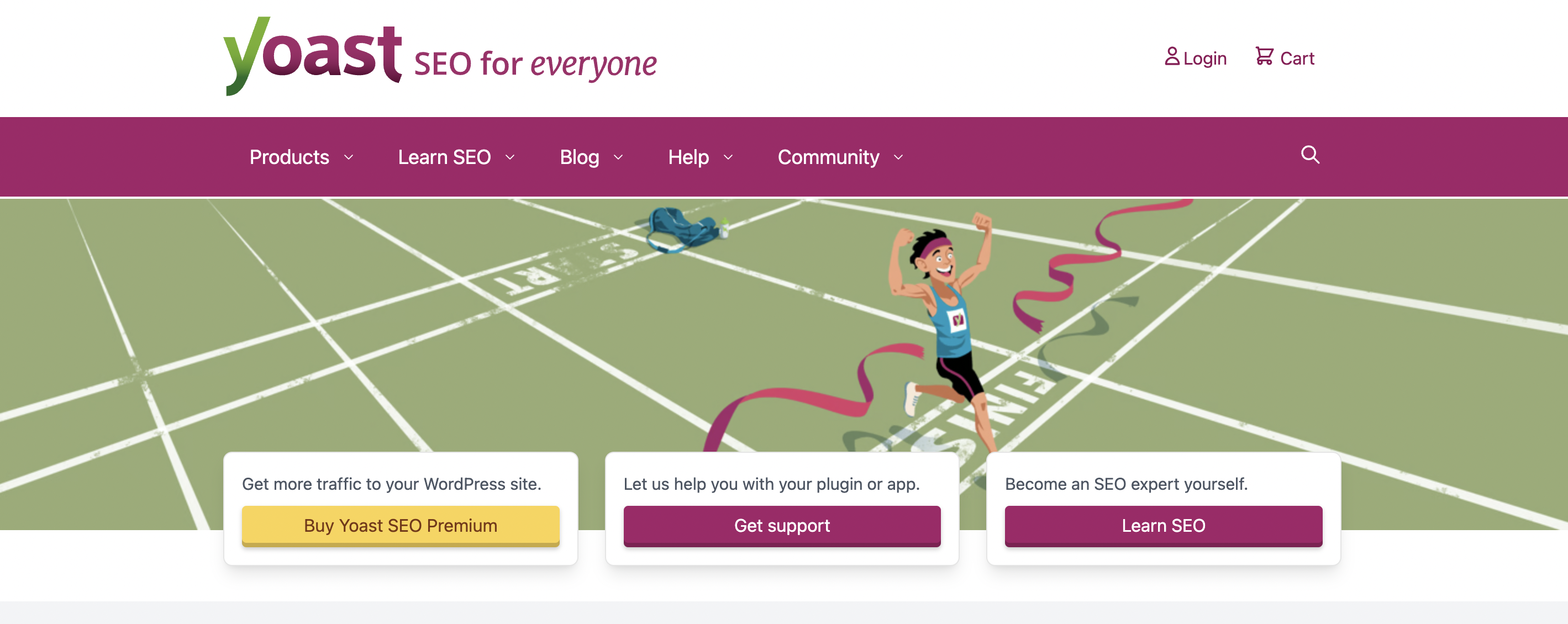
If you’re using WordPress, Yoast SEO is a must. It’s like having a personal SEO coach. It helps you optimize your website for search engines, improving your chances of being found by your target audience.
Top Features
- Content Analysis and SEO Recommendations
- XML Sitemaps
How to Choose the Right Digital Marketing Tools for Your Business
Choosing the right digital marketing tools for your business isn’t a decision to be taken lightly. It’s akin to selecting the right ingredients for a unique recipe – each tool should contribute to the overall success of your digital marketing efforts.
Begin by understanding your specific business needs and marketing goals. Are you looking to increase your online visibility, generate leads, boost customer engagement, or all of the above? Identify the areas where you need the most help and then look for tools that address those specific areas. For instance, if you need help with email marketing, tools like MailChimp or Constant Contact might be best for you.
Your budget and resources are other important factors to consider. While some tools offer a variety of features, they might come with a hefty price tag. It’s crucial to find a balance between the features you need and the price you’re willing to pay.
Furthermore, consider the learning curve associated with each tool. If a tool is too complex, it might consume more time than it saves. Lastly, think about the scalability of these tools. As your business grows, you’ll want tools that can grow with you and handle increasing demands.
Wrapping Up
Navigating the digital landscape can be daunting for any small business. However, the right set of digital marketing tools can make the journey less overwhelming and more rewarding. From building your website with WordPress or Wix, enhancing your SEO with SEMrush or Moz, boosting email marketing efforts with MailChimp or Constant Contact, to managing social media with Hootsuite or Buffer – each tool offers unique features to address your marketing needs.
Don’t forget to analyze your efforts with Google Analytics or Tableau, to ensure your strategies are data-driven and effective.
Investing in these essential digital marketing tools can significantly enhance your business’s online presence and connect with your audience more effectively. Remember, the right tools will depend on your unique business needs and goals, and a tool’s effectiveness will ultimately be determined by how well you use it.
So, experiment, analyze, and adjust until you find the perfect mix that propels your small business towards greater digital marketing success.


Leave a Reply